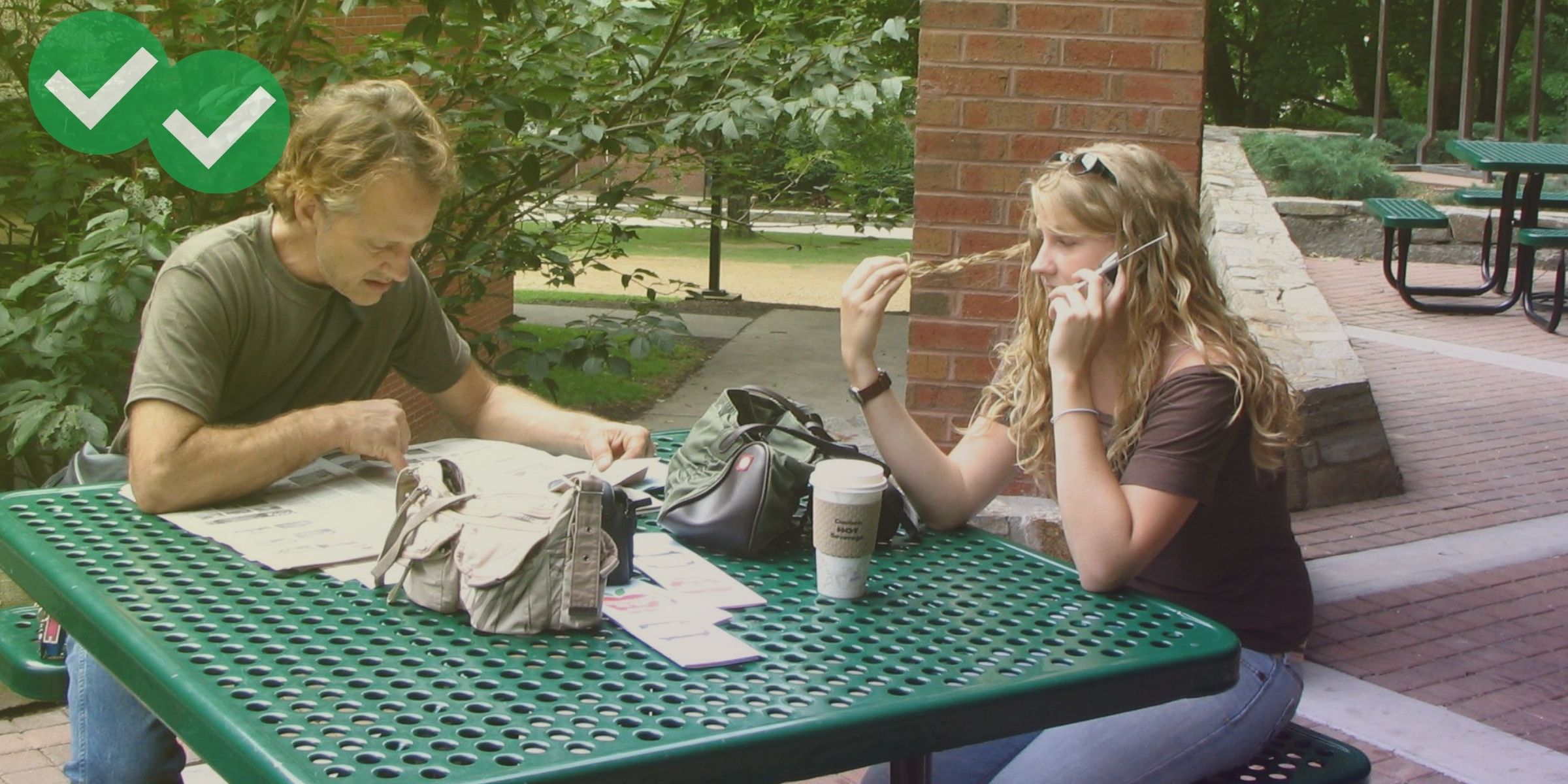Recently, quite a few Magooshers have asked me if they need to speak for the full amount of time they’re given on the Speaking Section. Do you really need to speak a full 45 seconds on Independent Speaking and a full 60 seconds on the Integrated tasks?
The short answer is “no.” The longer answer is that on the TOEFL, you need to take care to speak just the right amount. Not too little, not too much.
The first thing you should remember is that clear, well-organized speech is important. Speaking the full 45-60 seconds is not. In fact, you should probably try to avoid speaking all the way up to the exact time limit. If you try to go exactly the full time, you risk running out of time mid-word or mid-sentence. This can hurt your score, and sometimes hurt it a lot.
Having said that, you do want to have an answer that seems complete, and demonstrates your ability to speak English well at length.
For the Integrated tasks that take up most of the Speaking Section (3 out of the 4 TOEFL Speaking tasks), I advise aiming for somewhere between 50 and 55 seconds. This gives you room for a few extra seconds if your speech takes longer than expected. It also gives you room to come up a little short. A response slightly under 50 seconds, if it is well done, can get good marks on the TOEFL.
For Independent Speaking, you don’t want to go the full 45 seconds either. But here, there’s a much bigger risk of speaking for too long, not running short on time. This first TOEFL Speaking task really does give you a lot less time, compared to the Integrated tasks. And there’s still a lot you could say, and may need to say. For the Independent Speaking task, you must give and support your opinion on an important social issue, such as giving to charity, health, the right study habits, etc…
Fitting all of this into 45 seconds can be challenging, but it is doable. The trick here is to conserve your words— think of the simplest way to express your main ideas. For example, suppose you were asked this TOEFL Independent Speaking Question:
- Some people prefer work that allows them move around outdoors. Others feel it is more pleasant to work in an office. Which do you prefer, and why?
You could open up with something very wordy, like:
- “It is my respectful opinion that work in the great outdoors is preferable to work within the confines of an office.”
But it’s probably better to make your wording simpler, with an opener like:
- “I prefer outdoor jobs to indoor jobs. Let me explain.”
Simpler wording not only saves you precious time, but also sounds more speech-like, more natural and conversational. Don’t get too simple of course. Make sure you answer the question completely and support your answer well. Try to aim for about 40-43 seconds for Independent Speaking. You’ll have to cut things more close to the time limit, but the farther you go below 40 seconds, the harder it is to give a truly complete answer.
So to sum up, in TOEFL Speaking, get close to the time limit, but not too close. Conserve your words, but don’t say too little. It’s a juggling act, I know. But with practice, you can master your use of time and get your target score.






Leave a Reply